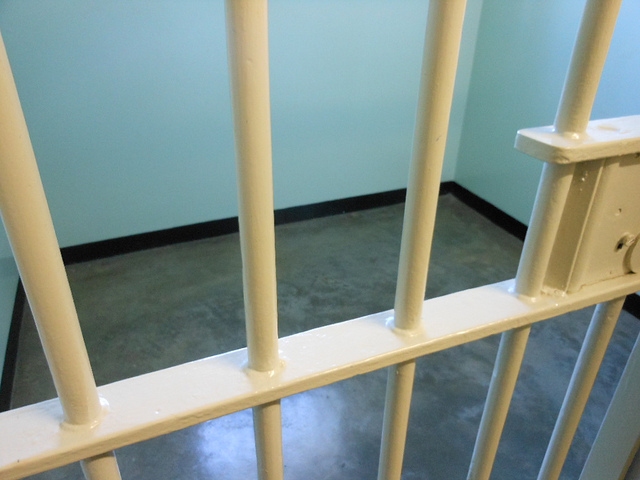
By Amina Srna
November 9, 2015
There are over 340 minors currently serving life sentences in Maryland, placing the state third in the country for the highest juvenile lifer population. Maryland’s parole system is also one out of just three in the country where parole is an executive function of the governor.
James Johnston, an attorney for the Public Defender’s Office and leader of the Youth Resentencing Project, explained the process.
It works like this: after being convicted of a serious crime, a judge determines whether a juvenile is sentenced to life in prison with or without the possibility of parole. If parole is a possibility, that individual must serve at least 15 years before their case is brought to the Maryland Parole Commission. There is a stringent processes of evaluation, and if approved the commission makes the recommendation of parole to the governor.
But for the past 23 years, no prisoner in Maryland serving a life sentence has seen parole and since 77% of the juvenile lifer population is black, it sends a powerfully negative message to the African American community.
Empowerment Temple in Baltimore, has been heavily involved in keeping kids in their community out of jail. Their efforts have included the construction of the Freddie Gray Empowerment Center last summer, which is focused on helping young people escape violence.
But according to Pastor Jamal Bryant, the problem is systemic.
That tough on crime attitude, what Pastor Bryant refers to as “dysfunction,” is putting more kids in jail with harsher punishments, and it’s desensitizing the community.
Why have Maryland’s governors been so reluctant to sign off on the parole of eligible lifers?
State Senator Jim Brochin cites that this zero tolerance mentality dates back to the political climate of the early 90s.
This single case became a defining negative image for Maryland’s Democrats, who, labeled as being lax on crime, have worked to discredit the accusation ever since. For example, Sen. Brochin, a Democrat, voted against the repeal of the death penalty in 2006, and he believes that recent efforts to reduce or even eliminate life sentences for juveniles might be a slippery slope.
Sen. Brochin believes Maryland can look to other states for a new type of juvenile justice reform.
Comprehensive treatment, according to Senator Brochin, includes full time school, engaging in sports and participating in therapy in order to accept responsibility for the crimes these juveniles committed.
The goal is for the juvenile to express remorse towards the victims’ families. In Texas, the treatment lasts approximately three years, and although this rehabilitation approach would put incarcerated juveniles on a relatively fast track to parole, sentencing reform advocacy groups like the Maryland Restorative Justice System founded by Walter Lomax, believe that life in prison should not be an available sentencing option for juveniles.
Lomax says that the current state of the parole system, the roadblocks that lifers face in receiving parole is demoralizing. He receives many letters from inmates who, after many failed parole hearings, think that release is out of reach.
The Maryland Restorative Justice Initiative does not advocate for the blanket release of juvenile lifers, Lomax personally understands the impact that a serious offense, such as murder, can have on a family.
But for Lomax, lifelong sentences, with or without parole, not only punish the incarcerated juvenile but also the adult the person becomes after spending decades behind bars.